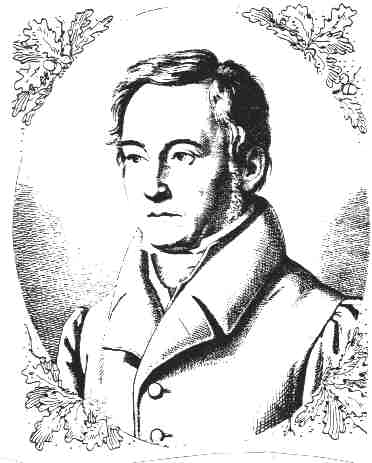Ernst Moritz Arndt (Ernst Moritz Arndt)

Author, Poet. He is known chiefly for his patriotic songs and his support of German nationalism and unification, but is also controversial due to his anti-French works and some antisemitic writings. He was also well known for his work to abolish serfdom. He was born the son of a freed serf. He attended the Universities of Greifswald and Jena where he studied theology and history. While his studied qualified him for the ministry, he instead renounced that call at the age of 28 and eventually became a docent and then professor at the University of Greifswald. In 1803, two of his most influential works were written: “Germans and Europe” on the topic of the rise of French aggression and “History of Serfdom in Pomerania and Ruegen”, which work influenced King Gustav IV Adolf of Sweden to abolish it in 1806. He wrote a polemic against Napoleon in 1806, urging his fellow ethnic Germans to throw off the French occupation. He was forced to flee to Sweden as an exile as a result. During this time and upon his return home, he wrote many patriotic songs, among them “Der Gott, der Eisen wachsen ließ,” and “Was blasen Trompeten?” and especially “Was ist des Deutschen Vaterland?”. In 1818, he was appointed Professor at the newly founded University of Bonn, but was suspended in 1820 for his critique of the Prussian government. He was forced to give up his professorship altogether in 1826, but was reinstated in 1840 and became Rector of the University of Bonn in 1841. He remained there until his retirement in 1854 when he received emeritus status. In 1848, he took part in the National Assembly in Frankfurt and was one of the delegation that offered the Imperial Crown to Friedrich Wilhelm IV, which was declined. He withdrew from political life after that. The University of Greifswald was named after him in 1933, which has recently become controversial as the name change occurred under Nazi rule. (bio by: Kenneth Gilbert)
Born
- December, 26, 1769
Died
- January, 01, 1860
- Germany
Cemetery
- Alter Friedhof
- Germany

